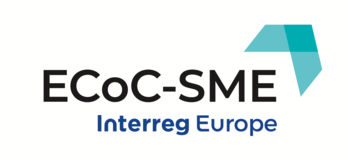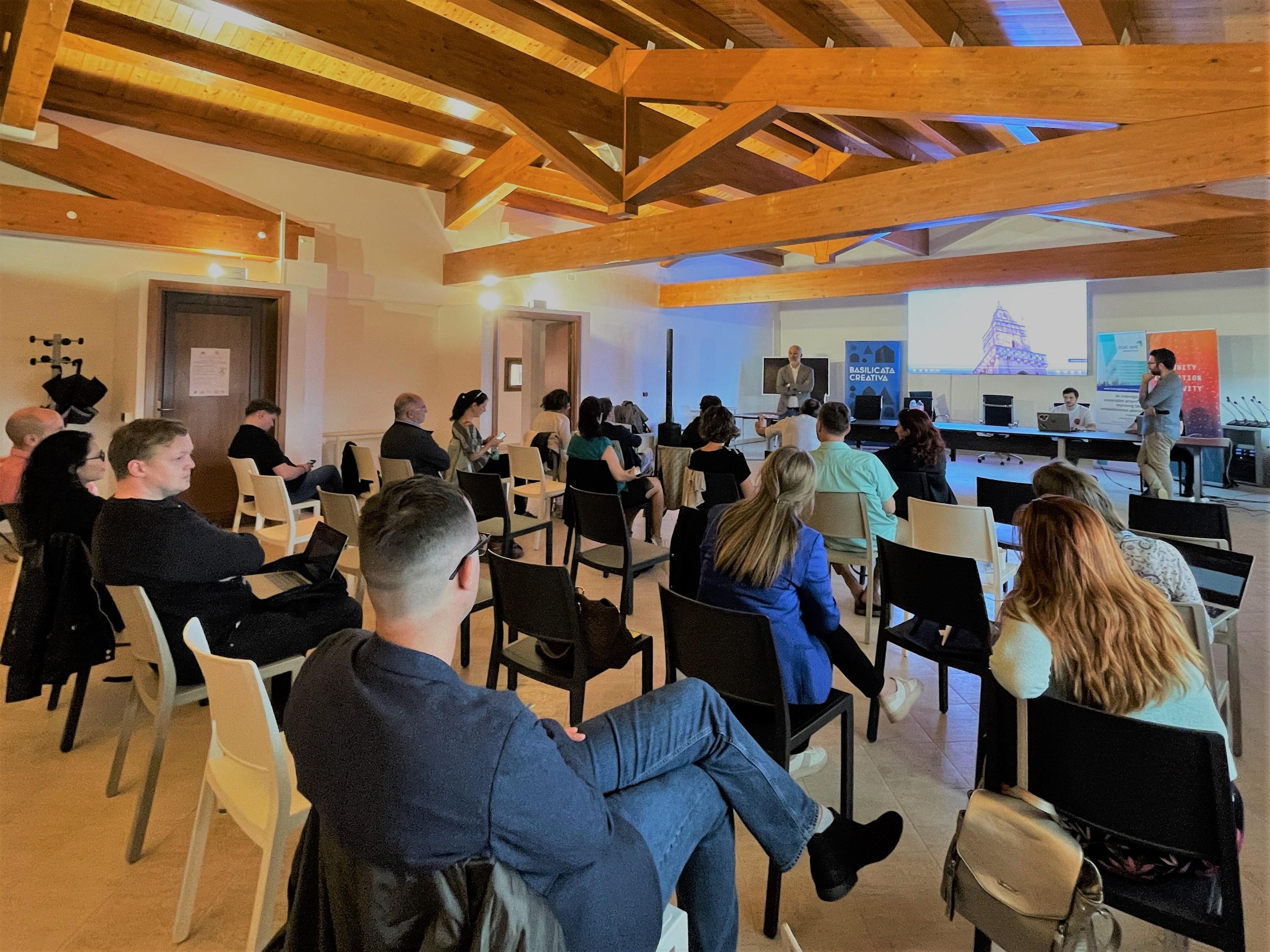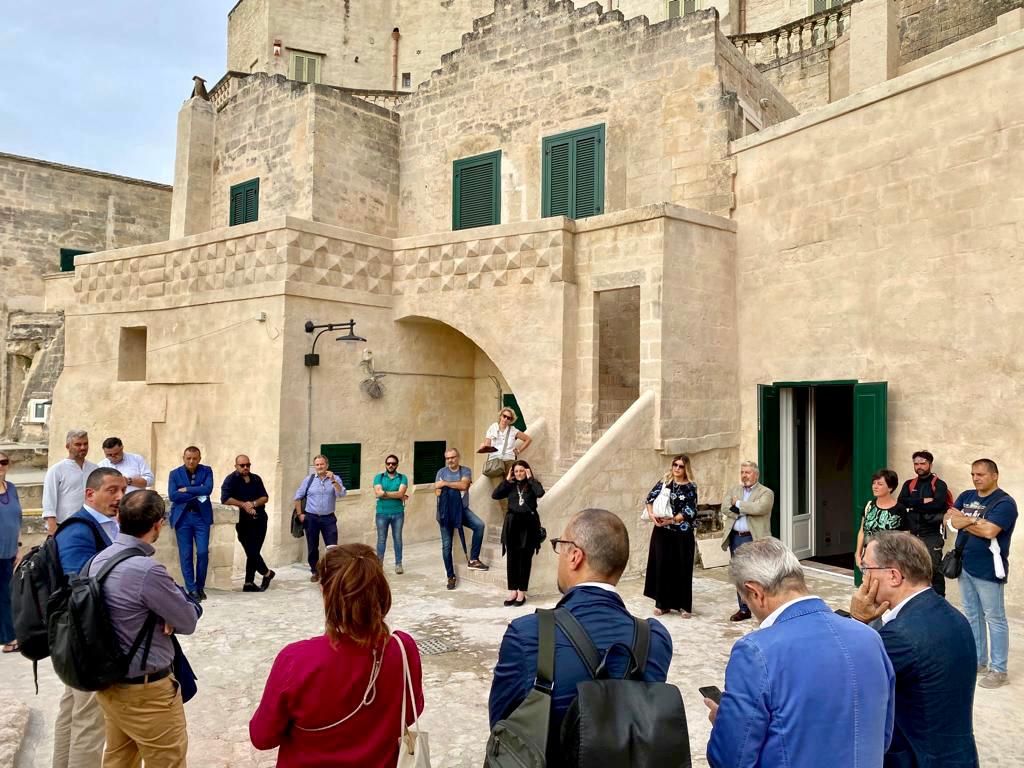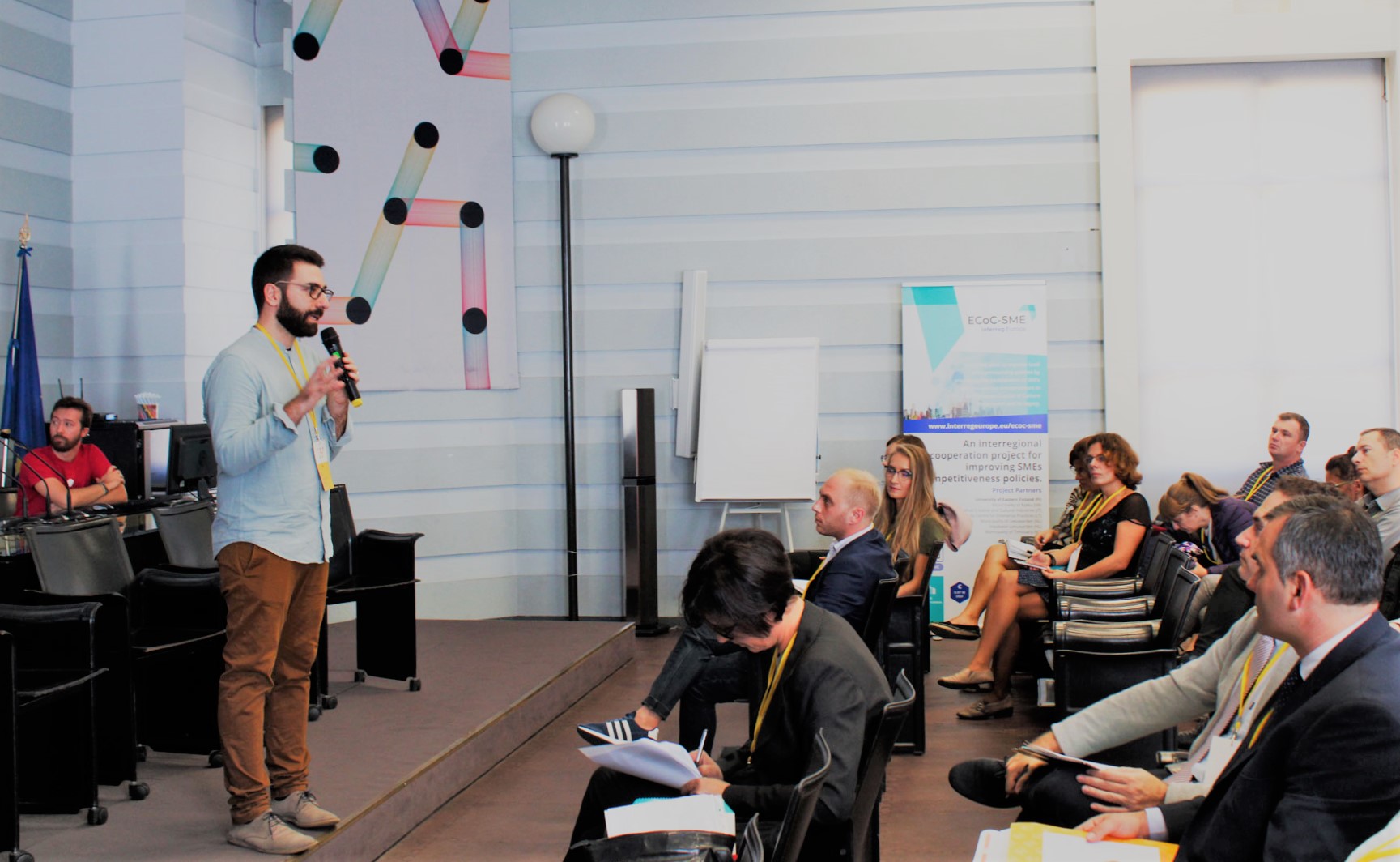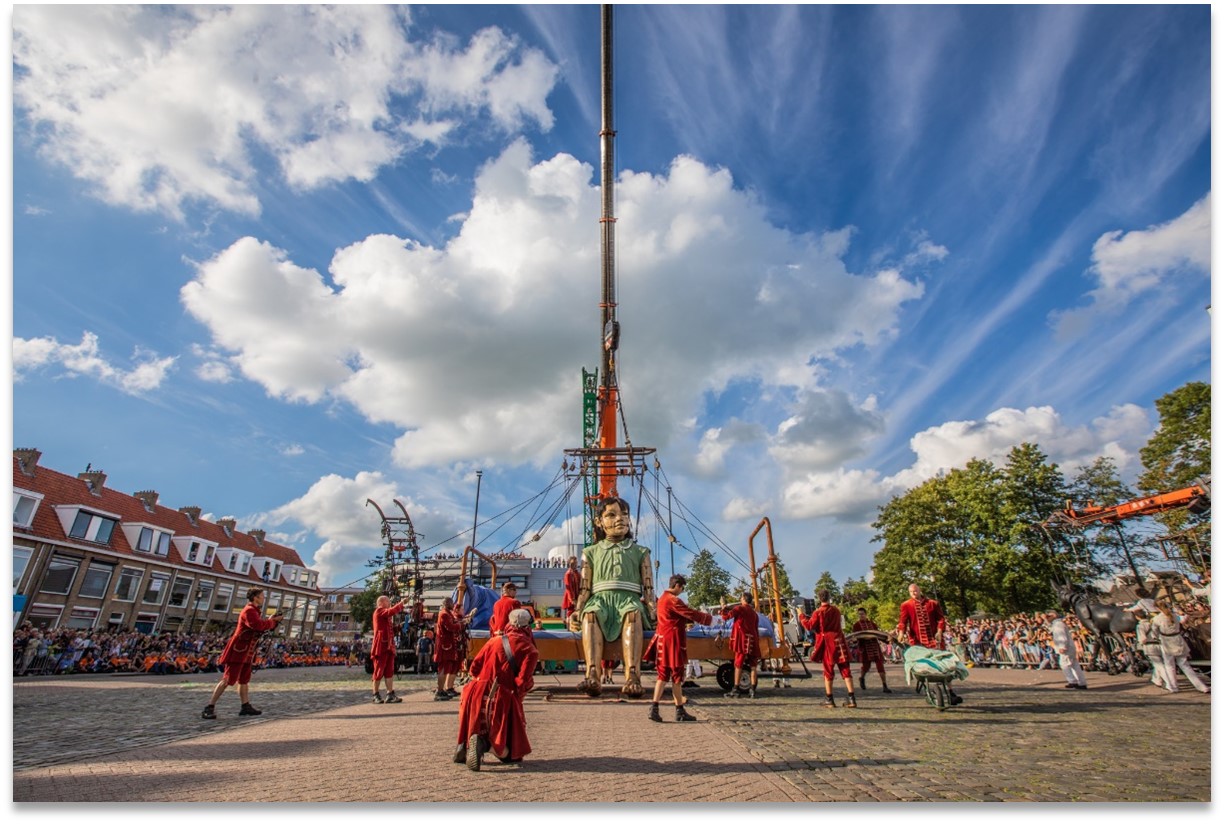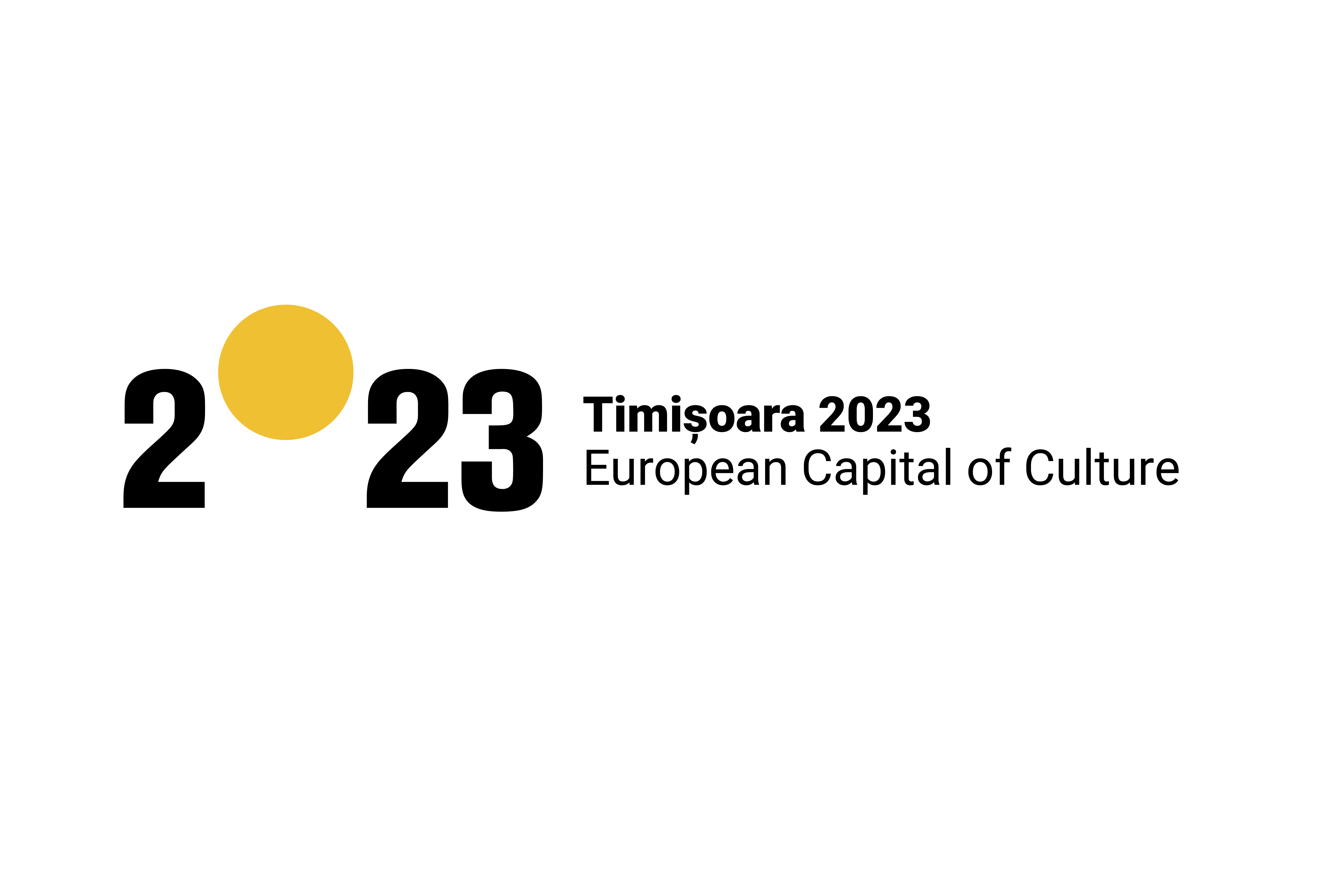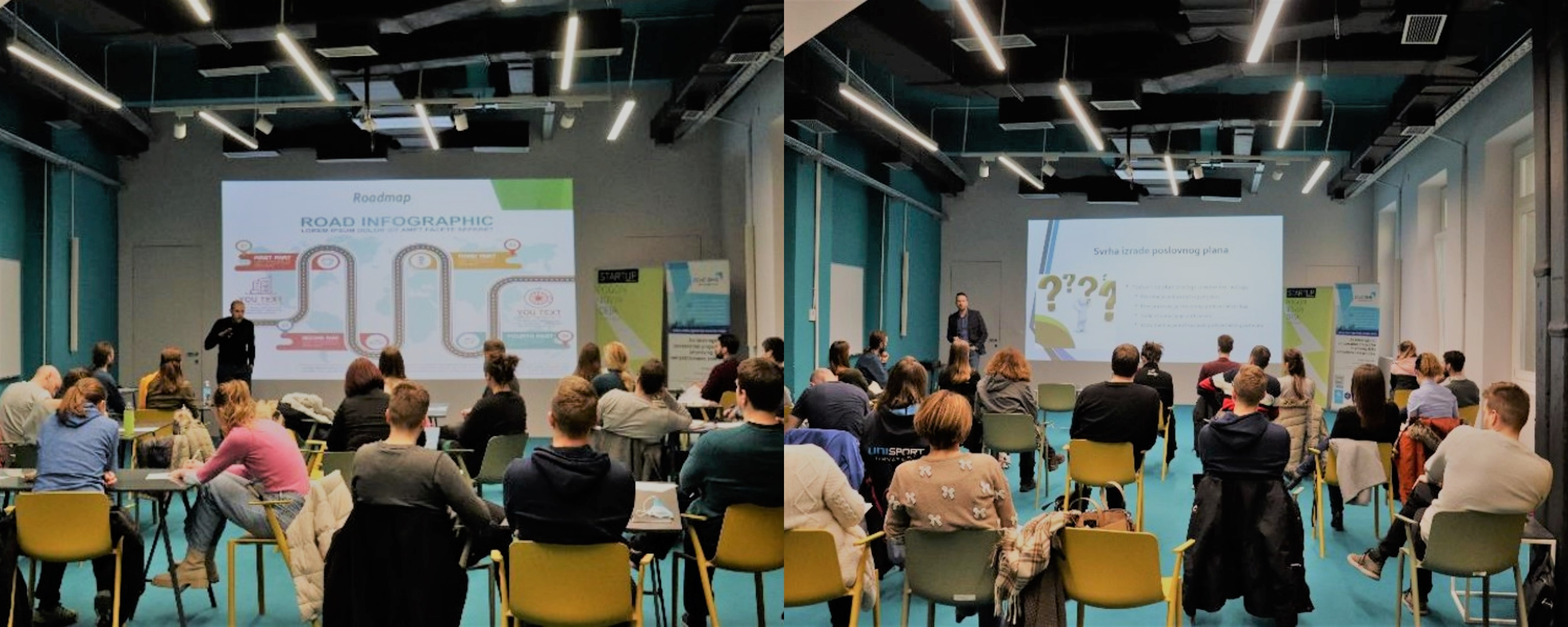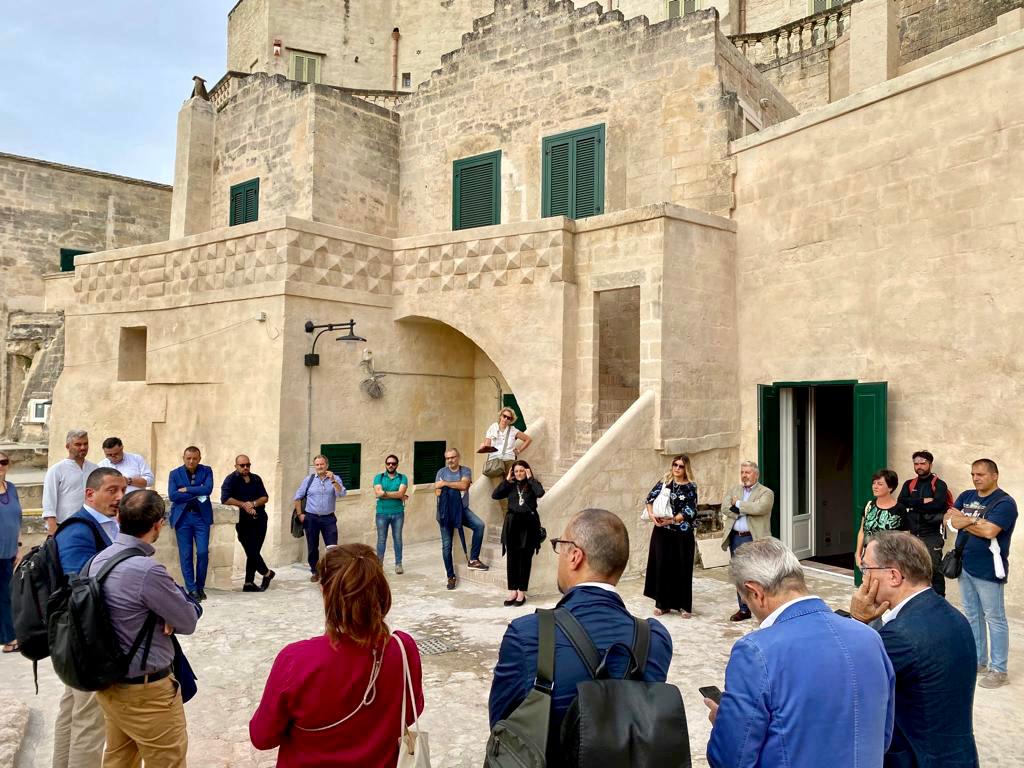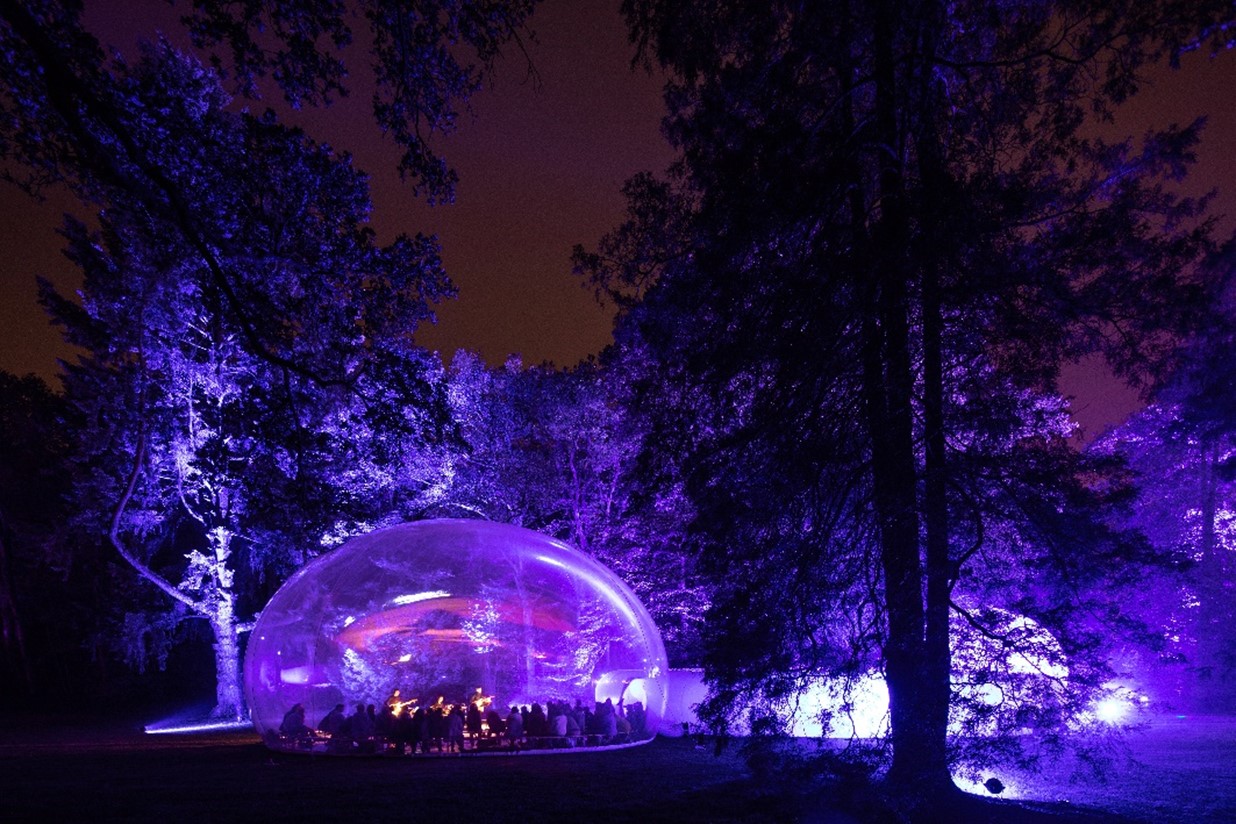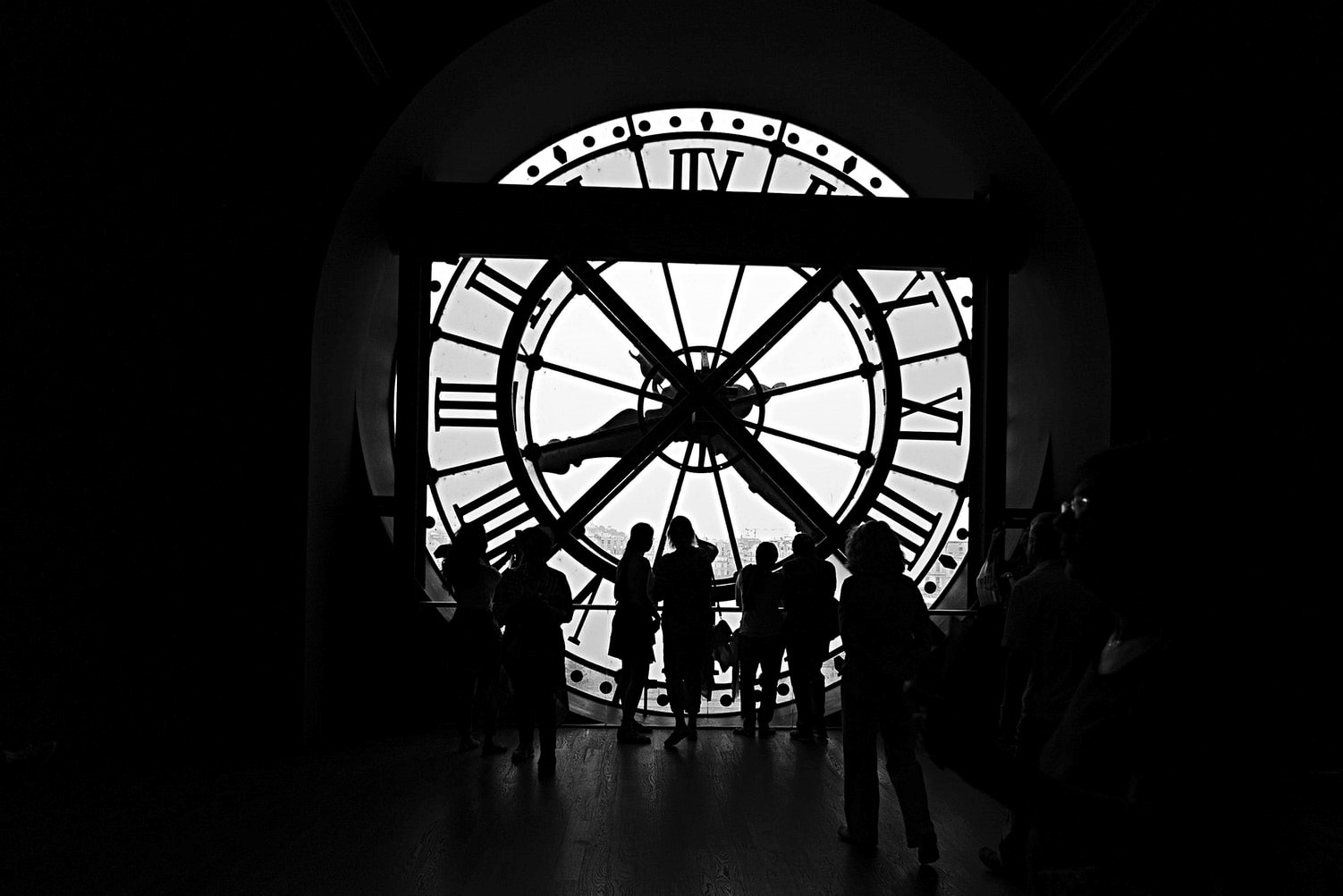‘Capitals of Culture -- An introductory survey of a worldwide activity’ by Steve Green (see the earlier article) provides an insight into how the European programme has become a global trend-setter, and helps us remember again the initial principles that ECoC has been established on.
Steve Green worked as an independent expert member of the selection (2011-16) and monitoring panels (2011-14) for the European Capitals of Culture between 2011-2016. He chaired the meetings from 2014.
Indeed, maybe surprisingly to some of us, Capitals of Culture are not a European phenomenon only, although we can say that it is Europe that has set the example for its followers around the world. In fact, according to Green’s study, over 320 cities in 104 countries had held such titles until 2017.
‘The title has become a brand leader. It is recognised worldwide. The concept of a “Capital of Culture”, or “City of Culture” (awarded, not self-proclaimed) has gone global. Some awards are a direct spin-off of the European title… Others have taken the concept and adapted it to their region, to their country and their own culture.’ (Green, page 3)
Let us remember some important messages from the days when the ECoC programme was established – could these be the reason for the attractiveness of the idea? In any case, they have not lost from their relevance:
"culture is the soul of society "
" … we must recognize the diversities and the differences amongst the people of Europe” and “(t)he determining factor of a European identity lies precisely in respecting these diversities with the aim of creating a living dialogue between the cultures of Europe "
"… culture, art and creativity are not less important than technology, commerce and the economy."
(The above are citations from the speech by Melina Mercouri, Minister of Culture in Greece, given in Athens to all Ministers of Culture of the then 10 member countries of the European Community on 22 November, 1983.)
During his five years on the ECoC selection panel, Green could study the cases of more than 80 cities from 14 countries who were candidates for the title in Europe. “All had different reasons for entering the competition but they shared a common ambition that culture could play an important part in the future of their cities. They also recognised the importance of a title awarded externally.”
 Nevertheless, there are recognisable shifts in the emphasis in the implementation of ECoC by the candidate cities, from the initial “expensive arts festivals” followed by “cultural regeneration” projects and culminating into the development of major city infrastructures. Most recently the attitudes and behaviours of citizens have received increased attention. This indicates a healthy measure of responsiveness to changing times, the emergence of various structural and economic crises, societal challenges and technological revolutions, as well as to the (decreasing) size and thus, resources of the nominated cities. The ECoC projects – which have recently been required to be integrated into medium-term cultural strategies, have become increasingly relevant to local and regional (economic) development.
Nevertheless, there are recognisable shifts in the emphasis in the implementation of ECoC by the candidate cities, from the initial “expensive arts festivals” followed by “cultural regeneration” projects and culminating into the development of major city infrastructures. Most recently the attitudes and behaviours of citizens have received increased attention. This indicates a healthy measure of responsiveness to changing times, the emergence of various structural and economic crises, societal challenges and technological revolutions, as well as to the (decreasing) size and thus, resources of the nominated cities. The ECoC projects – which have recently been required to be integrated into medium-term cultural strategies, have become increasingly relevant to local and regional (economic) development. 
Capitals of Culture can serve as catalysts of local development, however, they do not -- and should not -- mean the commercialisation or commodification of culture, or (ab)using culture for economic gains. Economic and social benefits from nurturing cultural development can manifest simultaneously if the original principles are respected, like that economic growth should not be an end in itself but rather the means to improve the human and the social conditions.

Our ECoC-SME project is an attempt to help local and regional stakeholders understand better the ways in which their European Capital of Culture nomination, event year and legacies can actually induce various kinds of processes that benefit their societies – their human condition – as a whole, and on the longer run. By placing the emphasis on engagement, transparency, and focusing on local SMEs, social enterprises, youth activation, creativity and cross-sectoral partnerships, the intention is far from underlining any need for the commodification of (high) culture. We just wish to propose experiments how culture, as the soul of society, can be invigorated to generate local development and well-being in the broadest possible sense. (Sarolta Németh)
